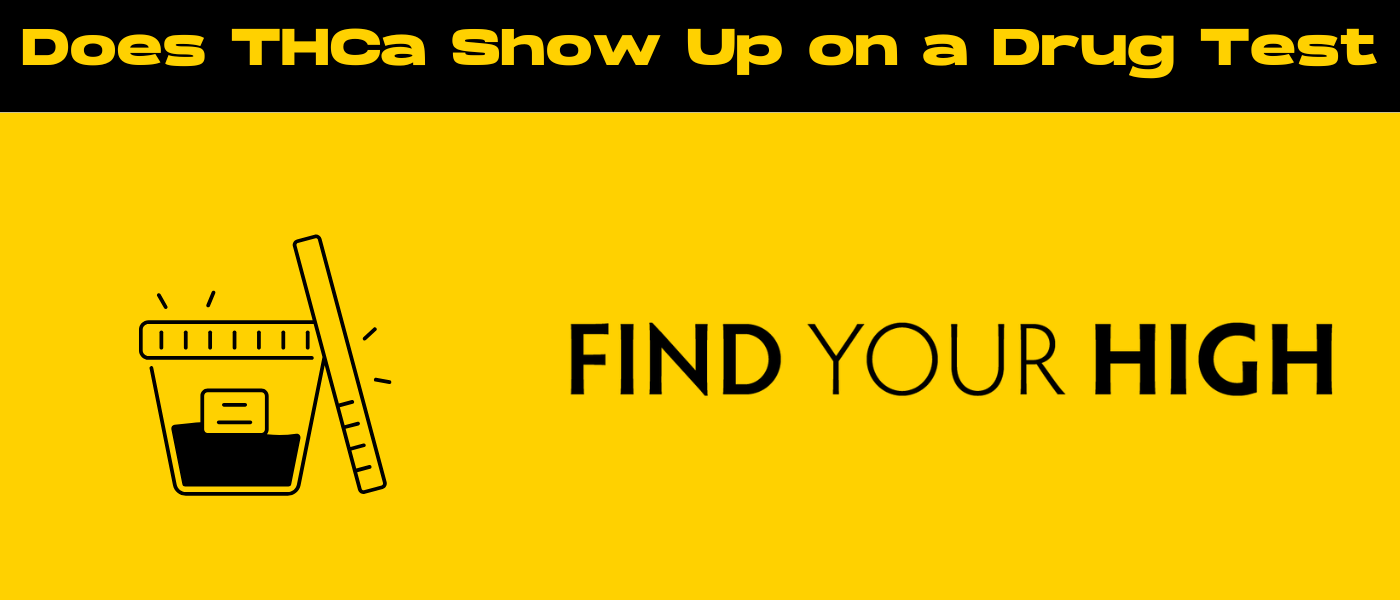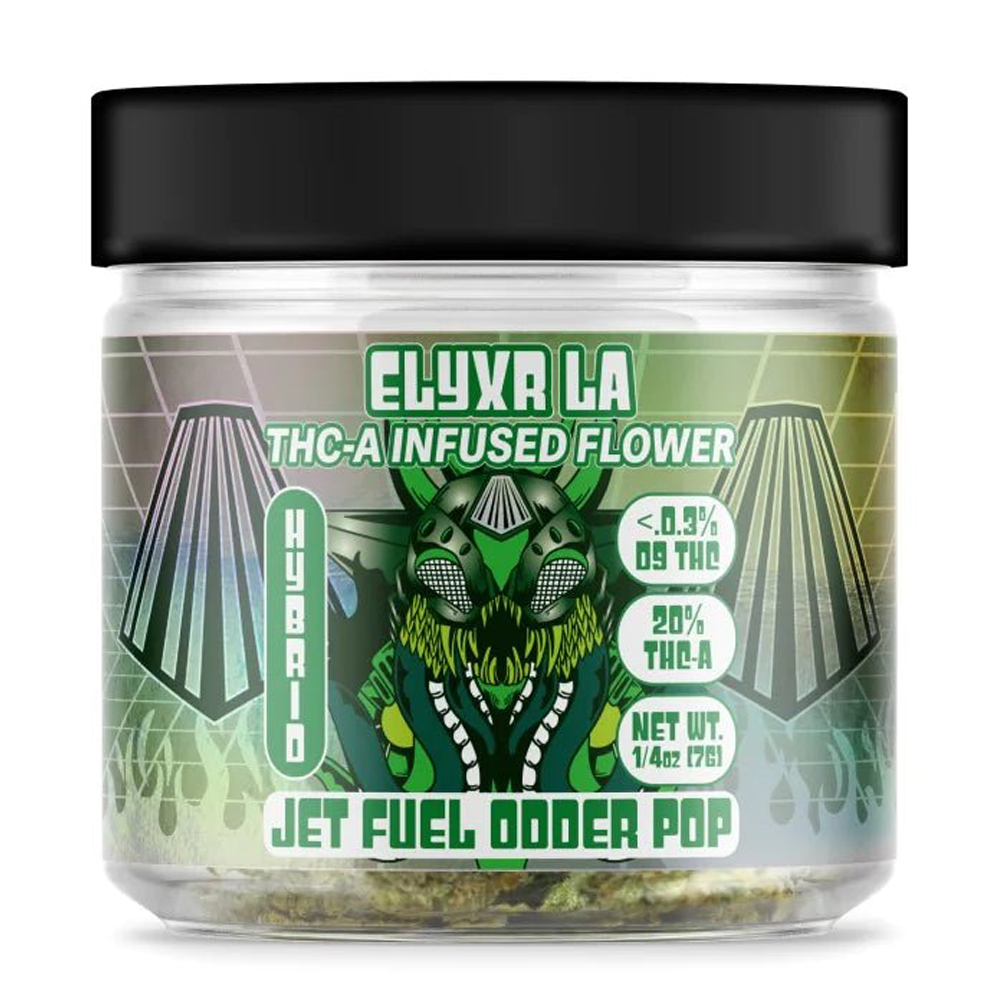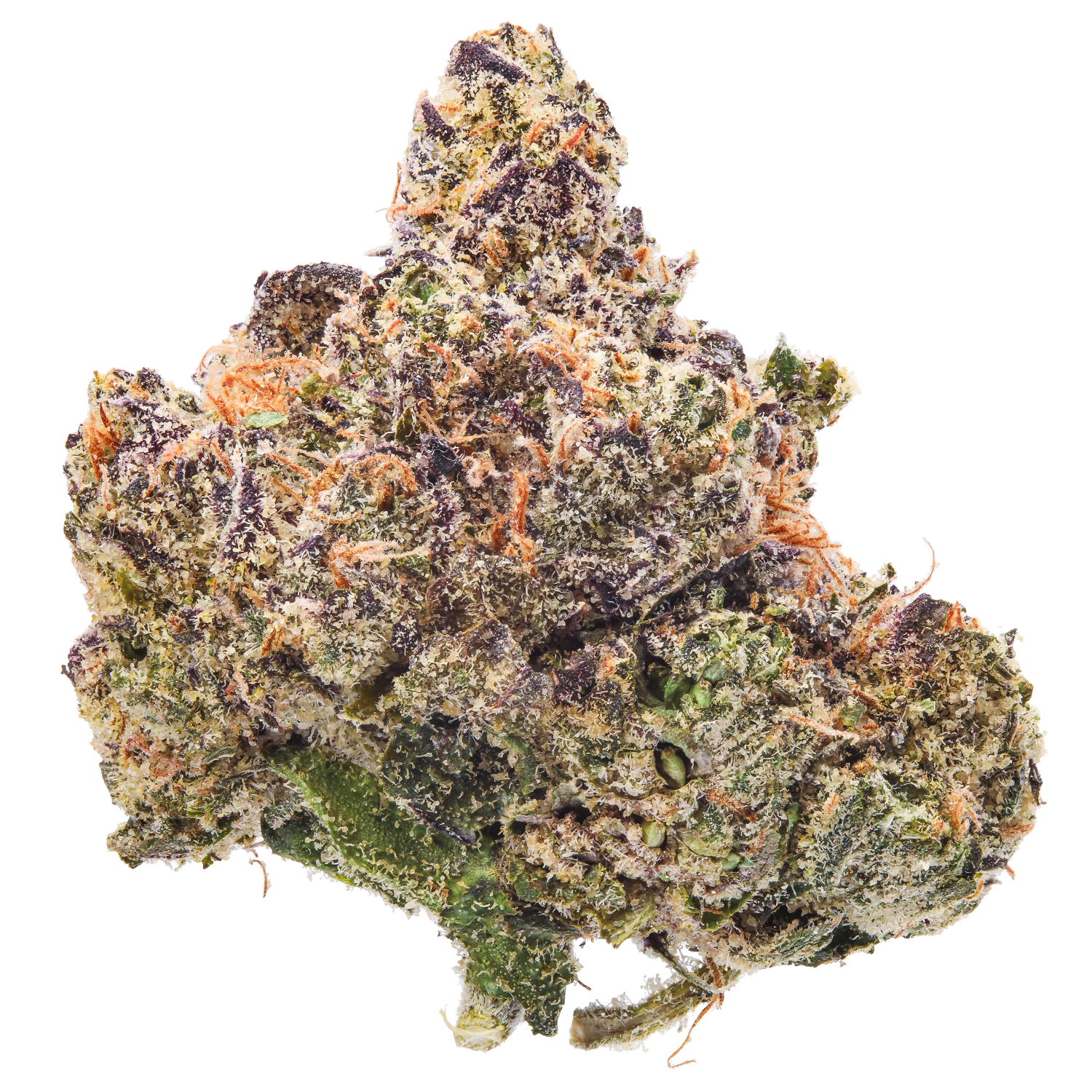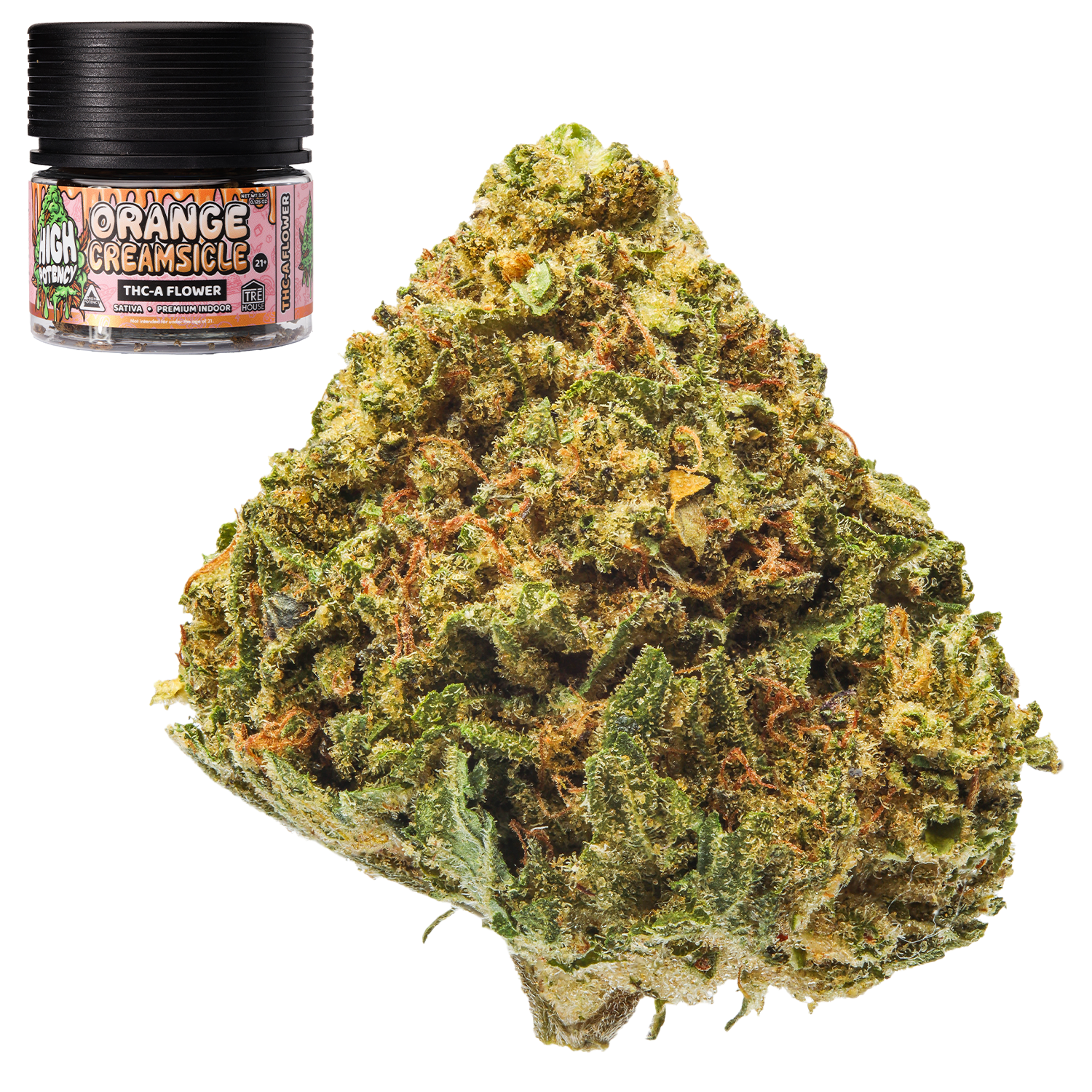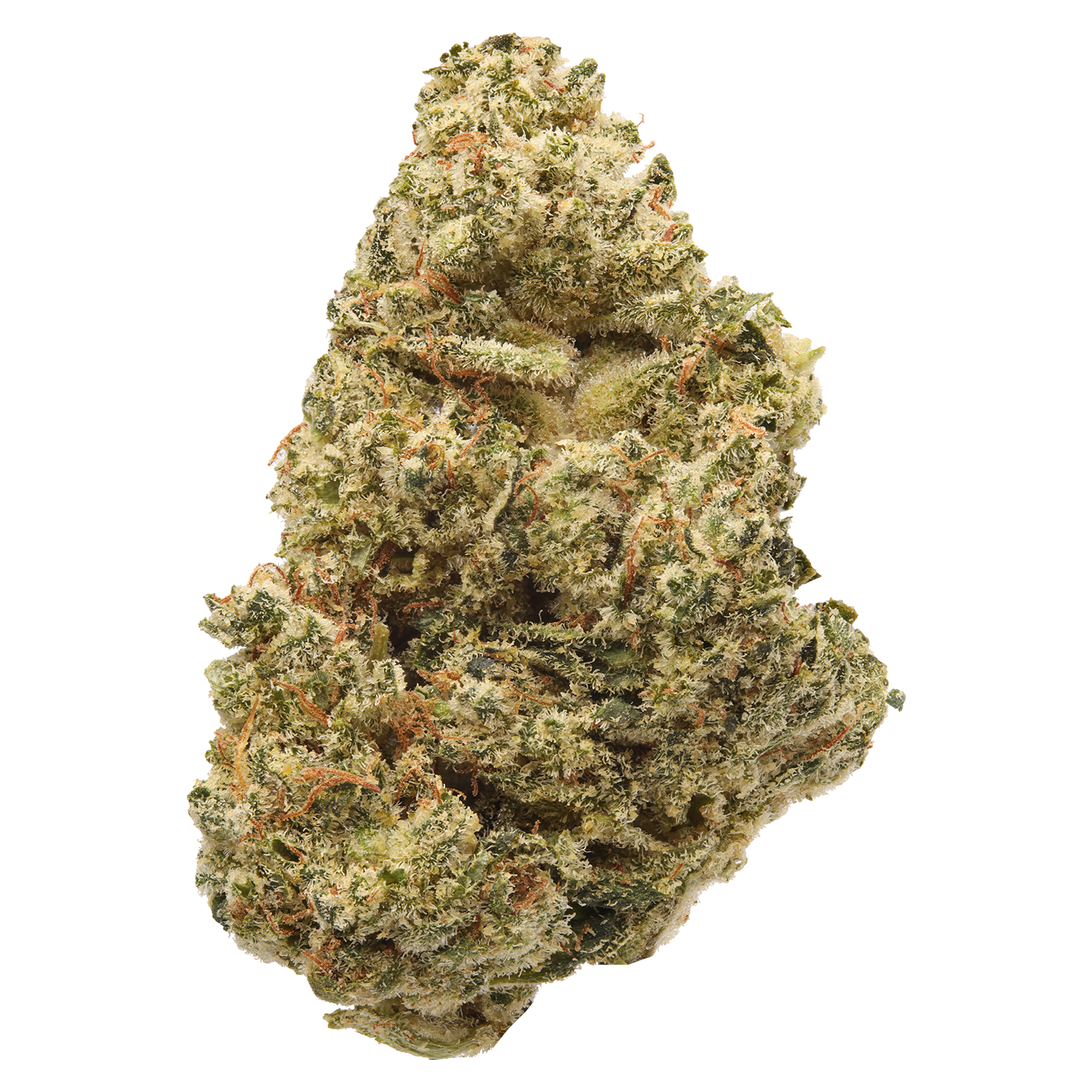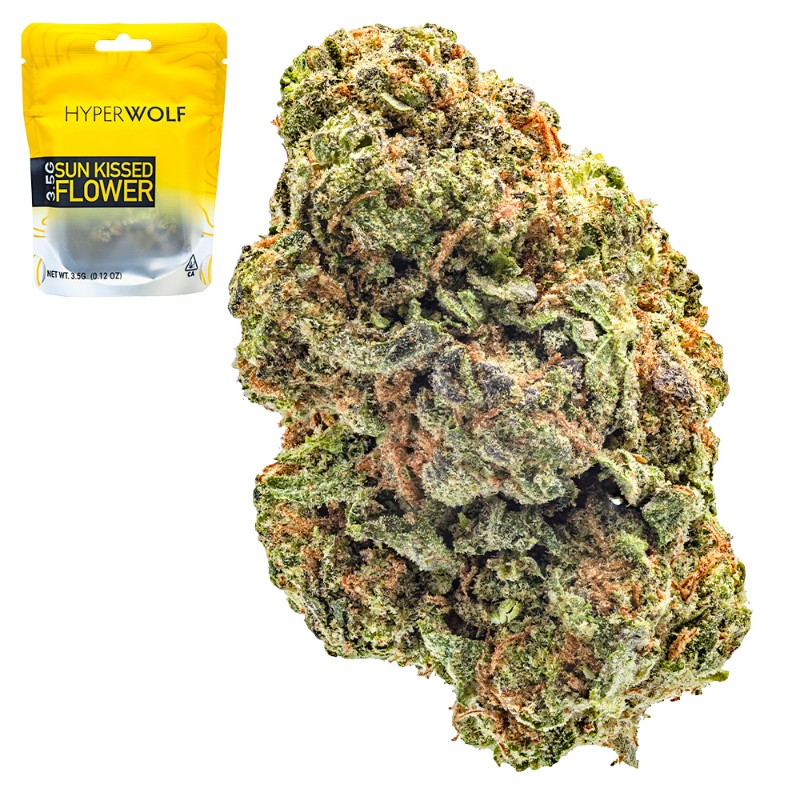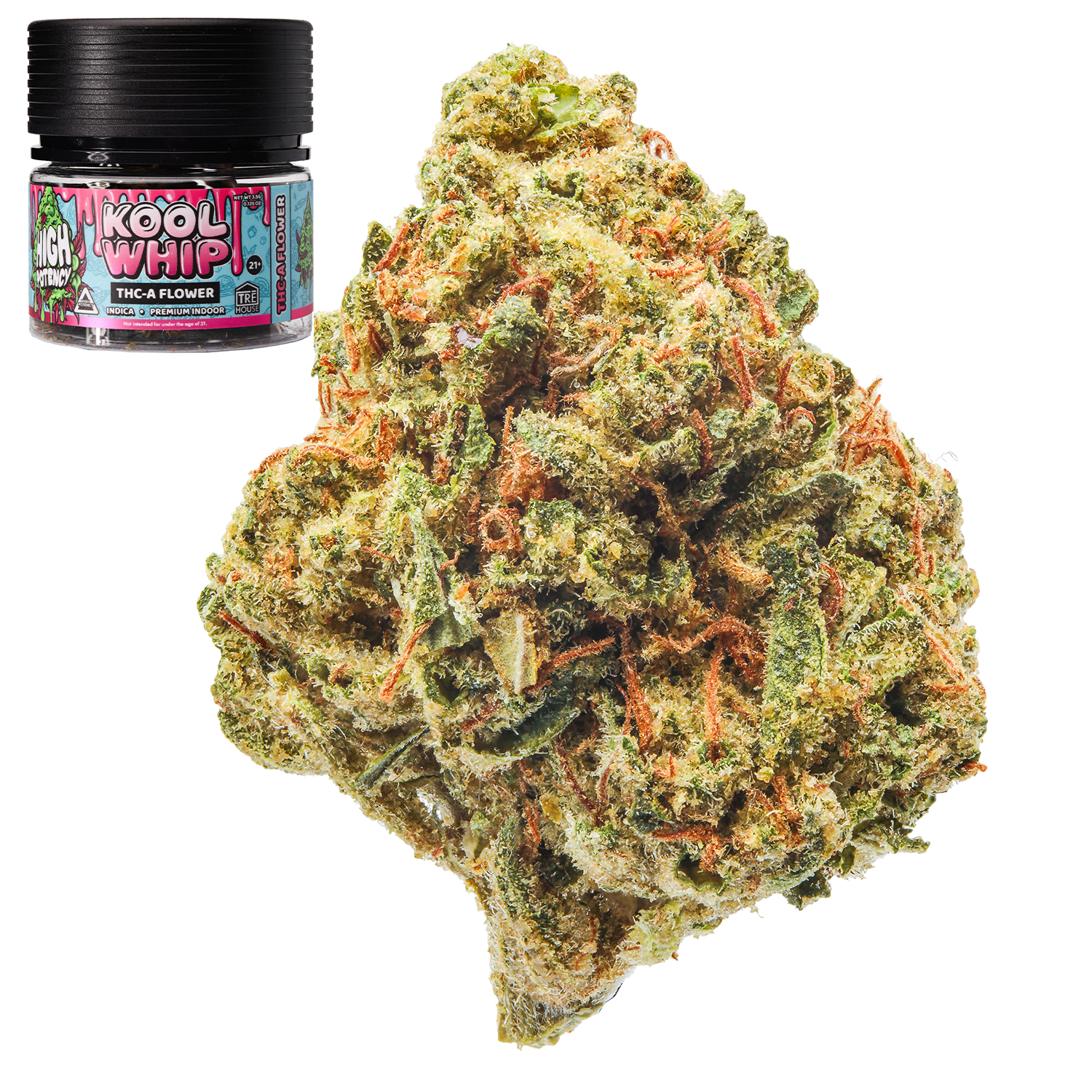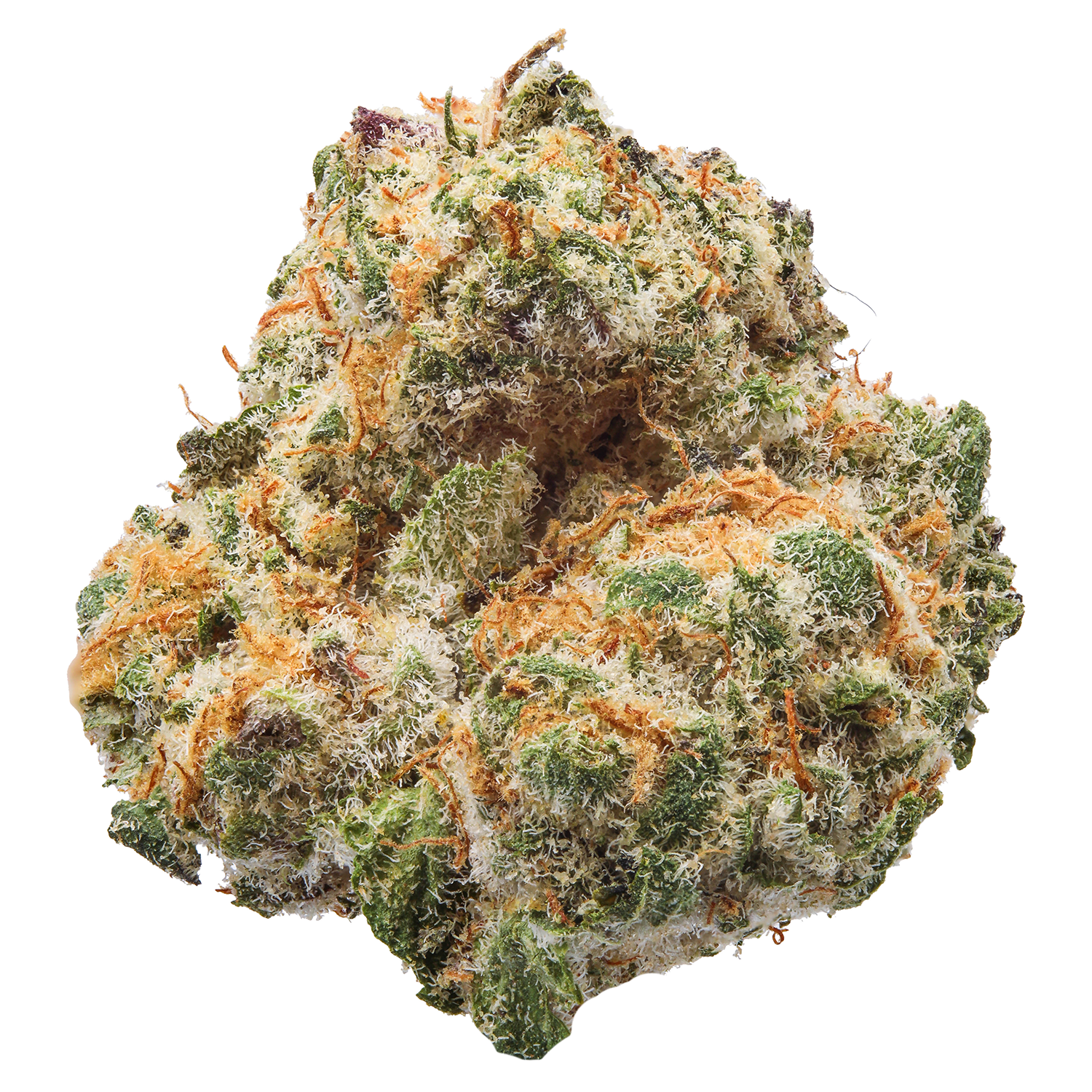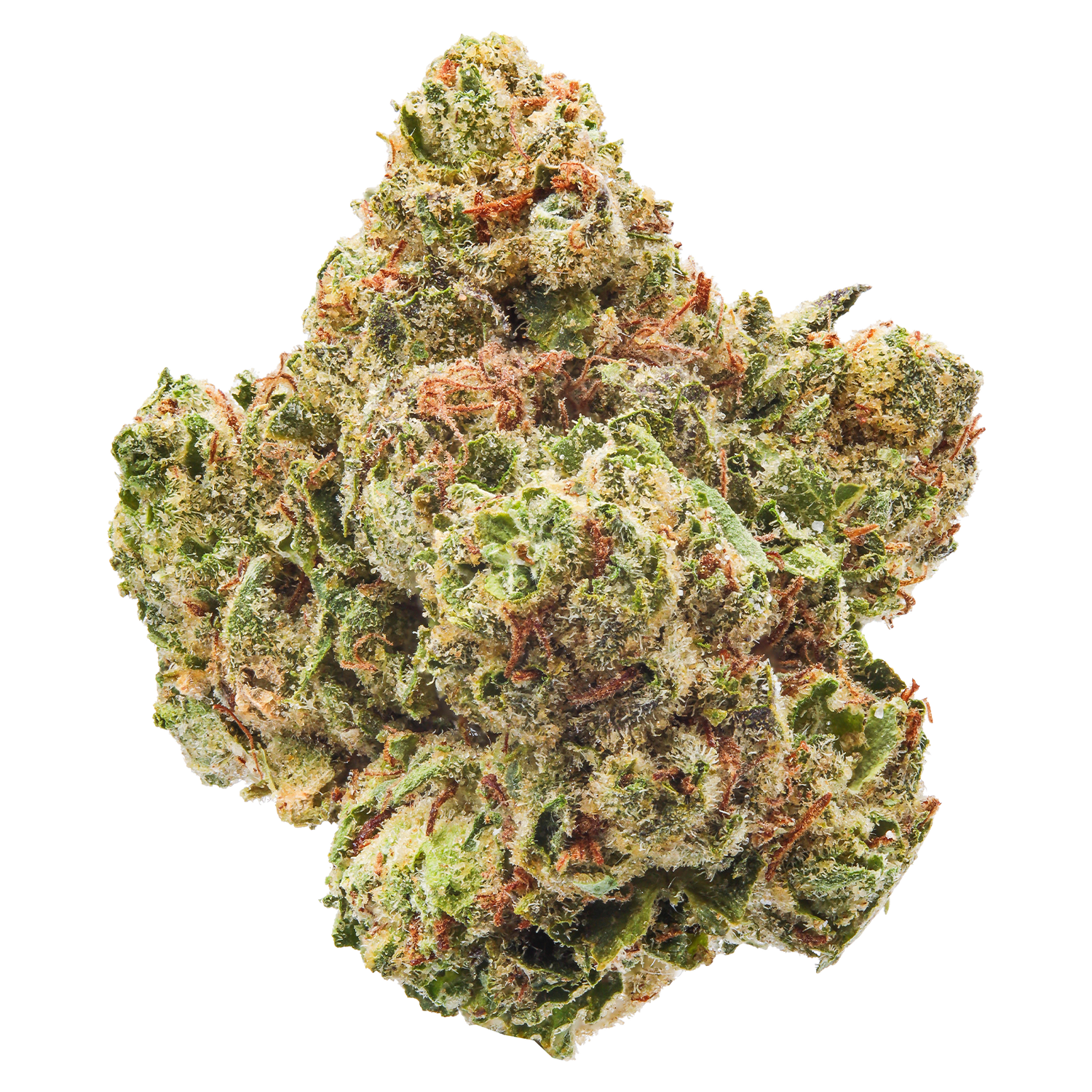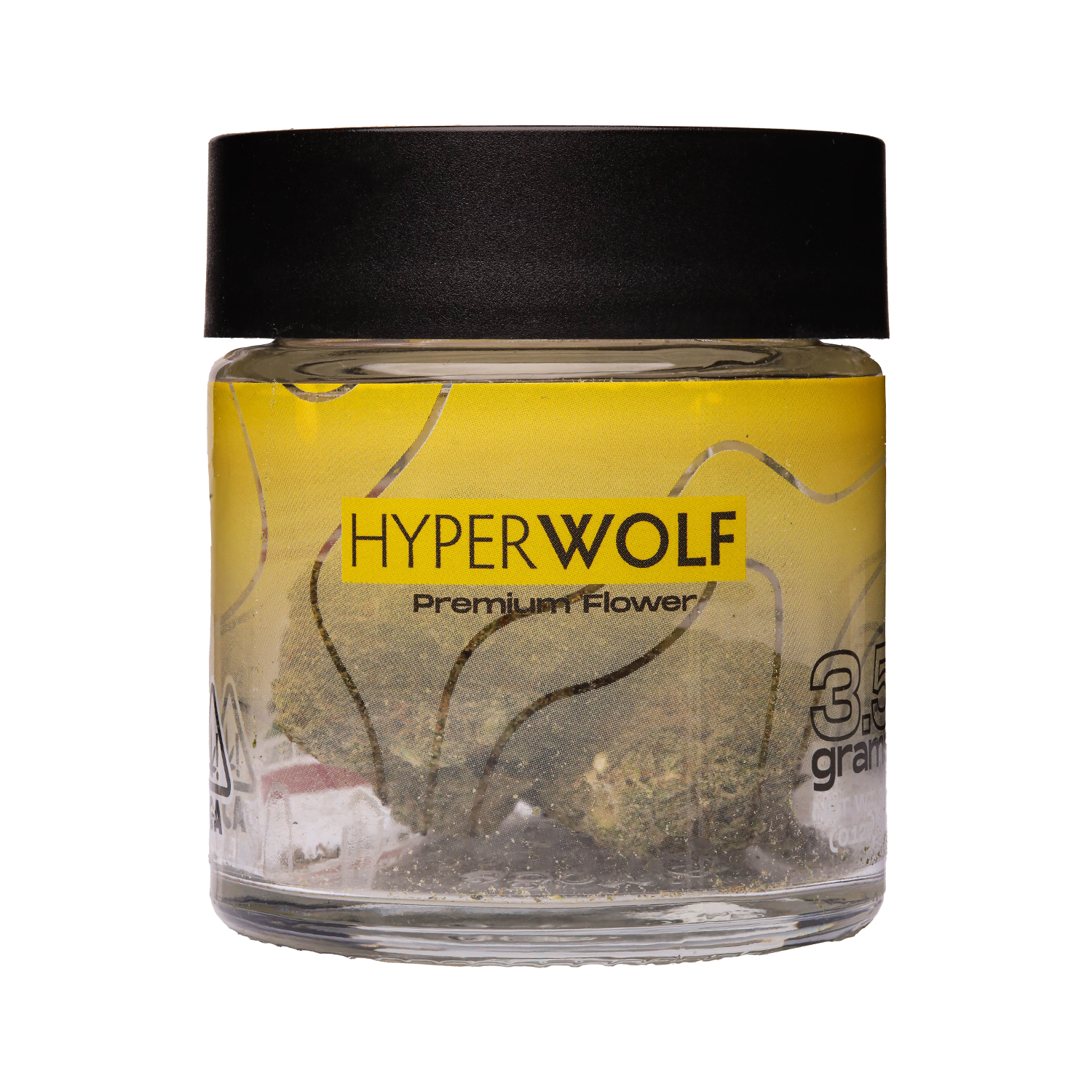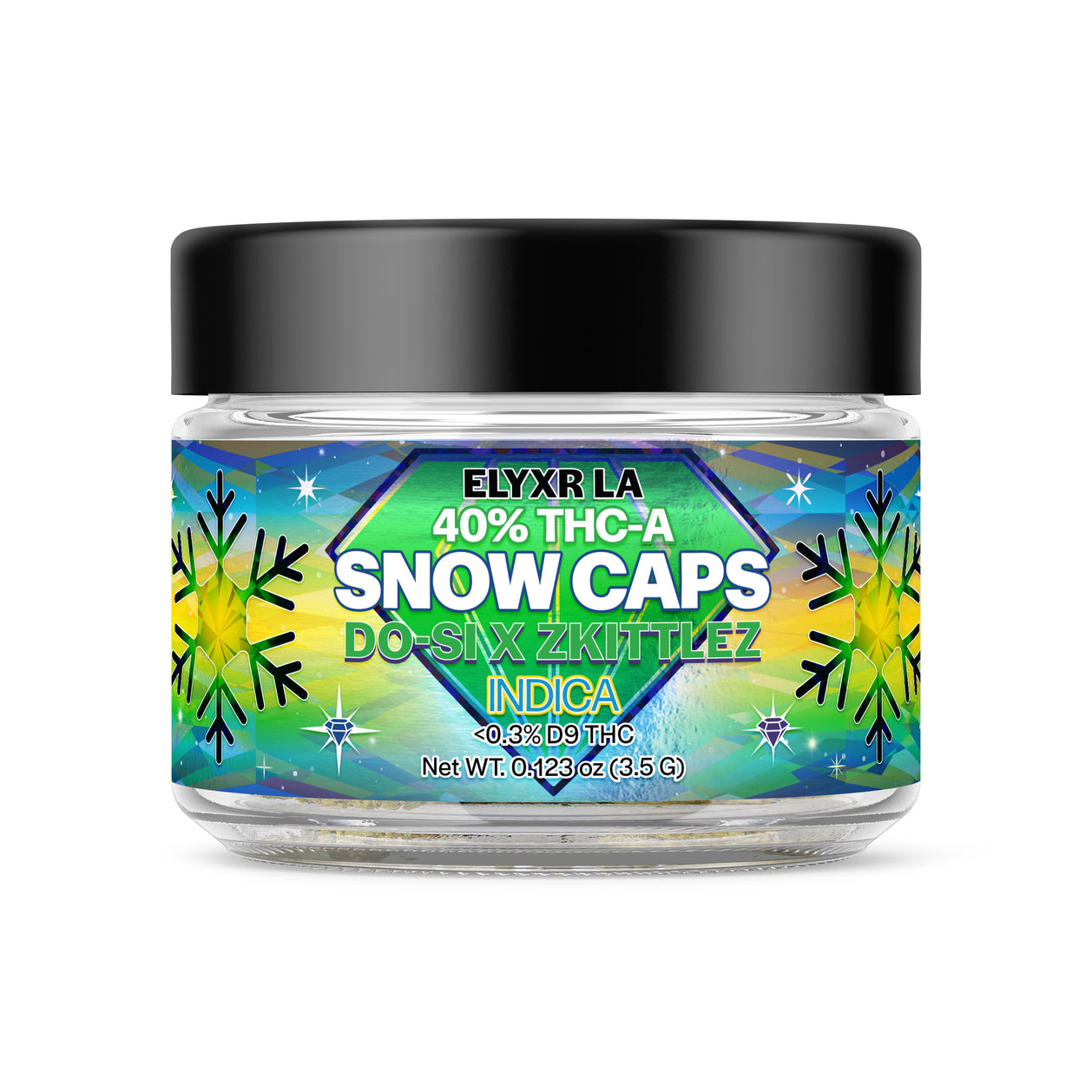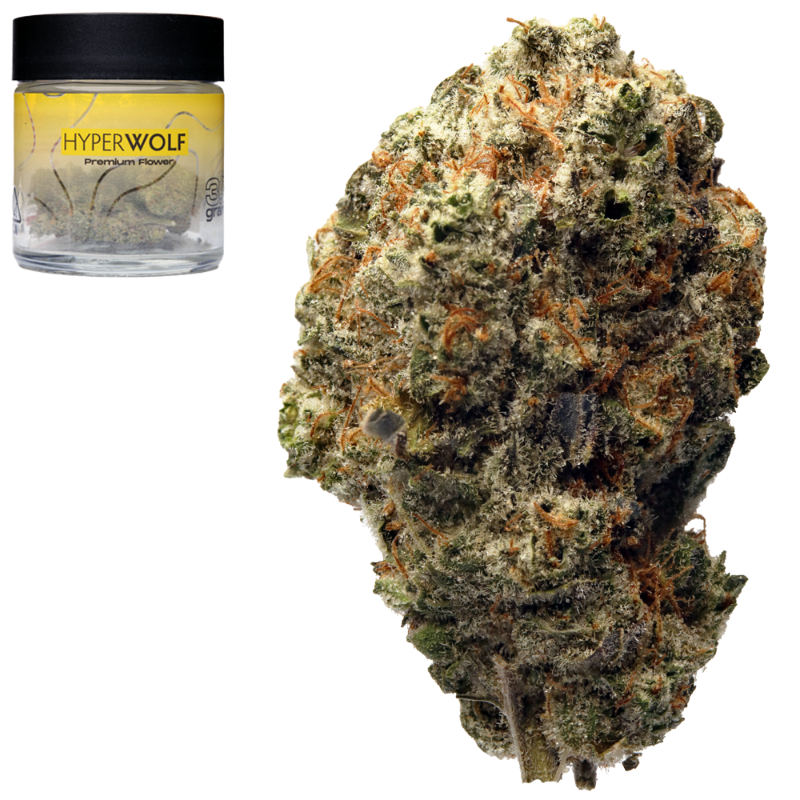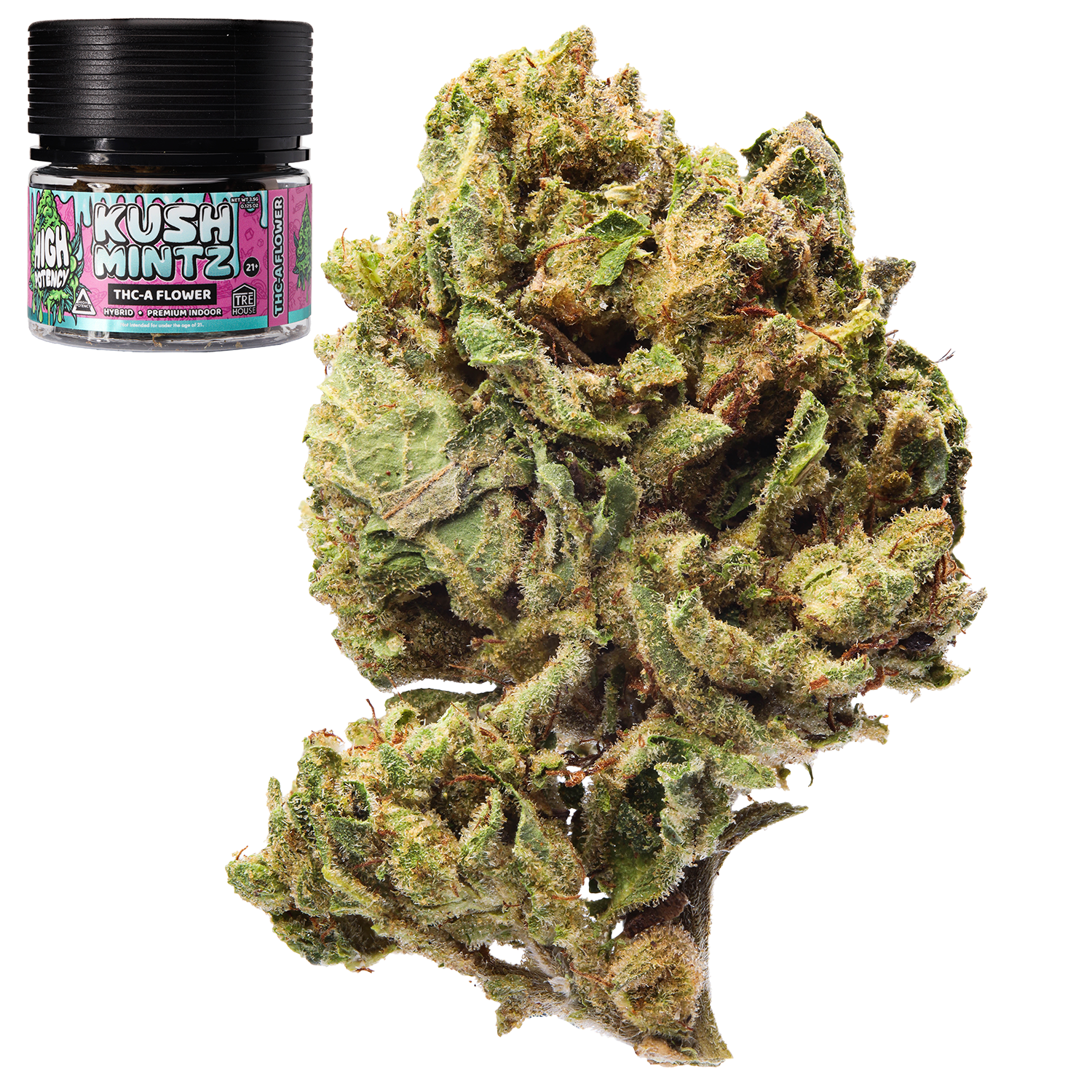As cannabis and hemp-derived products continue to evolve and flood the legal marketplace, one cannabinoid in particular has sparked both curiosity and confusion: THCa. But does THCa show up on a drug test?
Short for tetrahydrocannabinolic acid, THCa is the raw, non-psychoactive form of THC that occurs naturally in fresh cannabis. While it won’t get you high in its raw state, it still raises a critical question for many users subject to drug testing: Does THCa show up on a drug test?
Let’s dive deep into the science of drug testing, THCa’s chemical profile, and whether or not it can land you in hot water when your employer or probation officer asks for a sample.
What is THCa?
THCa, or tetrahydrocannabinolic acid, is the precursor to THC (delta-9-tetrahydrocannabinol), the primary psychoactive cannabis compounds. In raw cannabis plants, THCa exists in abundance, especially in freshly harvested or properly stored buds. Unlike THC, however, THCa does not produce intoxicating effects when consumed in its raw form. That’s because it has a slightly different chemical structure that doesn’t bind well to the body’s CB1 receptors—the ones responsible for the “high.”
Despite its non-psychoactive status, THCa flower is often featured in products like raw cannabis juice, tinctures, and some concentrates, all marketed for their potential anti-inflammatory, neuroprotective, and anti-nausea benefits. But here’s where things get complicated: THCa can become psychoactive under the right conditions. Which brings us to decarboxylation.
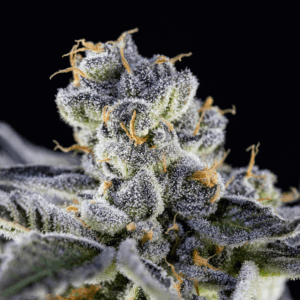
How THCa Converts to THC
Decarboxylation is the scientific process that transforms THCa into THC. This happens when THCa is exposed to heat, time, or UV light. The process removes a carboxyl group from THCa’s molecular structure, converting it into the intoxicating THC.
This chemical reaction occurs during smoking, vaping, or cooking cannabis. It can also happen slowly over time if cannabis is improperly stored, which means even raw flower can develop some active THC under certain conditions. In other words, if you’re consuming THCa through heat-activated methods—like lighting up a joint or dabbing THCa diamonds—you’re effectively consuming THC.
This is important, because most drug screenings aren’t looking for raw cannabinoids. They’re looking for what those cannabinoids become once metabolized.
Why Drug Testing Exists
Drug testing is a mainstay in many workplaces, particularly in industries like healthcare, transportation, sports, and law enforcement. It’s used to screen for recent or habitual use of substances that could impair performance or violate company policy. Cannabis is frequently on the list of banned substances, even in states where it’s legal.
Most drug screenings don’t test for THC itself. Instead, they test for THC-COOH, a metabolite your body produces after breaking down THC. This means the concern is less about what you consumed and more about what your body has processed.
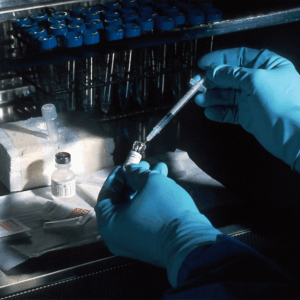
Common Types of Drug Tests
There are four major types of drug tests used to detect cannabis use, each with different detection windows and levels of sensitivity.
Urine Tests
The most common type, especially in employment settings. Urine drug tests detect THC-COOH and can flag cannabis use several days to weeks after consumption, depending on frequency and dosage.
Saliva Tests
Often used for roadside checks or post-accident screening. Saliva tests detect active THC, meaning they only identify very recent use—usually within the past 24 hours.
Blood Tests
More invasive and less common, blood tests also detect active THC. They’re usually reserved for medical or legal investigations. Detection windows are short, often just a few hours to a couple of days.
Hair Follicle Tests
These can detect THC-COOH embedded in hair follicles for up to 90 days. They’re uncommon due to cost and complexity but are still used in some legal or high-security job environments.
Knowing which test you’re up against is key to understanding your risk level.
Does THCa Itself Trigger a Positive Test Result?
In its raw, non-decarboxylated form, THCa is not psychoactive and typically doesn’t metabolize into THC-COOH. This means that, in theory, consuming raw THCa should not cause a positive drug test result.
However, real-world usage isn’t always so clean-cut. THCa can be partially decarboxylated during processing, storage, or even body heat during digestion. Trace amounts of THC can form without you even realizing it. For individuals subject to strict drug testing, remember that drug tests can detect THC metabolites – even small traces.
When THCa Can Show Up on a Drug Test
If you consume THCa in a form that involves heat—such as smoking, vaping, or dabbing—you’re converting it into THC. This THC is then metabolized into THC-COOH, which will absolutely show up on most standard drug tests.
This is a major reason why some users who thought they were in the clear failed drug tests. They may have assumed that using “legal” THCa flower or dabbing THCa diamonds wouldn’t result in THC detection. But the second you apply heat, you’re dealing with active THC.
THCa vs THC in Drug Testing
The distinction between THCa and THC is crystal clear in the lab—they are chemically different. But most standard drug tests aren’t designed to look for raw THCa. They’re targeting THC-COOH, the metabolite formed after THC is processed by your liver.
So, while THCa may start off innocent, the body only raises red flags after it becomes and is metabolized as THC. This means drug tests essentially treat heated THCa just like any other form of THC.
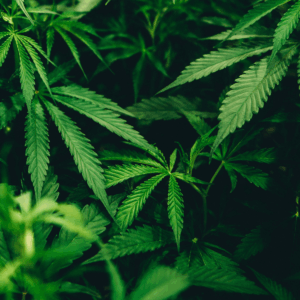
Understanding THC-COOH and How It’s Detected
THC-COOH (11-nor-9-carboxy-THC) is a secondary metabolite of THC. It doesn’t produce any psychoactive effects but is fat-soluble, meaning it gets stored in your body’s fat tissues. As a result, it lingers far longer than active THC.
Urine tests specifically look for THC-COOH because it remains detectable even after the high has worn off. It’s the gold standard marker for past cannabis use. THCa, on the other hand, doesn’t metabolize into THC-COOH unless it’s first decarboxylated.
What Happens If You Consume Raw THCa?
Let’s say you’re juicing raw cannabis leaves or using a THCa tincture that hasn’t been exposed to heat. In this case, it’s highly unlikely that any THC-COOH will show up in your system. You may be ingesting milligrams of THCa, but without decarboxylation, it passes through your system relatively unchanged.
That said, there’s always a slim chance of trace THC being present, especially if the product isn’t 100% raw or has been partially exposed to heat or light. If you’re being tested for cannabis use and want to avoid a positive result, erring on the side of caution is key.
How Long Does THCa Stay in Your System?
This question hinges entirely on how you consumed it. If you juiced raw THCa or consumed cold tinctures, your body likely won’t retain it for long or convert it into detectable metabolites.
But if you smoked THCa-rich flower or vaped it, your body treats it like any other source of THC. In that case, THC-COOH can stay in your system:
- 3–7 days for occasional users
- 1–3 weeks for regular users
- 30+ days for heavy, daily consumers
The more frequently and heavily you use THCa in active form, the longer it sticks around.
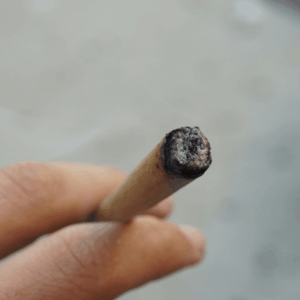
Does the Form of THCa Matter?
Absolutely. Not all THCa products are created equal. Here’s how different forms affect your risk:
- THCa Flower: Often smoked, leading to full decarboxylation and THC detection.
- THCa Diamonds: Highly concentrated and usually dabbed; very likely to trigger a test.
- Raw THCa Tinctures or Juices: Typically safe if unheated and stored properly.
The takeaway: the hotter the method, the higher the risk.
Can THCa Be Misidentified as THC in Lab Results?
In standard workplace or probationary drug tests? No. These tests are not built to detect THCa. However, more advanced chromatographic or spectrometric lab analyses (like those used in legal proceedings or athletic drug testing) can differentiate between cannabinoids.
In those rare cases, THCa may be identified separately. But for most people, the concern isn’t whether THCa shows up, it’s whether it became THC first—and then THC-COOH.
Real-World Examples of Failed Drug Tests After Using THCa
There are increasing reports across cannabis forums and legal cases where individuals claim to have failed a drug test after consuming “only THCa.” The key detail in many of these stories? The THCa was smoked, dabbed, or vaped.
One common scenario involves people using THCa hemp flower, assuming its legality under the 2018 Farm Bill would exempt them from risk. But once the flower is smoked, it’s no different than traditional cannabis in terms of how the body processes it.
In other words, legal doesn’t mean undetectable.
Legal Gray Areas: Is THCa a Loophole or a Risk?
THCa products are often marketed as legal because they contain less than 0.3% delta-9 THC before decarboxylation, fitting within the framework of the 2018 Farm Bill. However, this legal technicality doesn’t mean they’re safe for individuals subject to drug testing.
Once THCa is converted to THC, it carries the same legal and biochemical baggage. That means law enforcement, employers, and athletic agencies may still penalize you for its use. So, while THCa might technically be legal to buy and possess, using it in ways that convert it to THC can still lead to consequences.
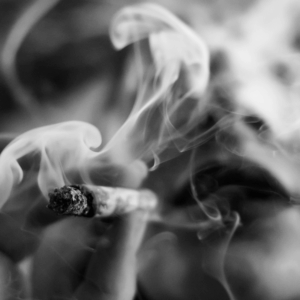
Can You Pass a Drug Test While Using THCa?
It depends on the method of consumption. If you strictly use raw THCa products—like cold-pressed juice or unheated tinctures—you’re probably in the clear. But if you vape, smoke, or dab anything containing THCa, expect your body to metabolize it into THC-COOH.
Bottom line: THCa isn’t a loophole if you’re still getting high.
How to Safely Use THCa Without Failing a Drug Test
If you’re determined to enjoy THCa without flunking a test, here are some tips:
- Stick to Raw Forms: Juices, smoothies, and tinctures that haven’t been heated.
- Avoid Vaping or Smoking: Heat equals THC.
- Read Product Labels and COAs: Make sure the product is verified as raw THCa.
- Store Properly: Prevent accidental decarboxylation from heat or light exposure.
Even then, proceed with caution. There’s always a margin of error.
Tips for Detoxing if You’ve Consumed THCa/THC
If you did consume THCa in an active form and have a drug test looming, here are some practical tips:
- Stay Hydrated: Water can help flush your system, though it won’t drastically shorten the detection window.
- Eat Clean: Avoid fatty foods, as THC-COOH binds to fat.
- Exercise: Sweating and burning fat may help reduce stored metabolites.
- Time: The most reliable detox method is simply abstaining.
Detox kits and cleanses exist, but their effectiveness varies and isn’t guaranteed.
Final Thoughts: Risk vs Reward
THCa is a fascinating cannabinoid with plenty of therapeutic potential and legal intrigue. But when it comes to drug testing, the risk isn’t in the THCa itself—it’s in what it can become. Once heated, THCa becomes THC, which is then metabolized and detected just like any other cannabis product.
For those subject to drug testing, it’s not enough to read labels or trust the legality of hemp-derived THCa. You have to understand the science behind decarboxylation and how your body processes cannabinoids. Play it safe, stay informed, and when in doubt—skip the heat.
Does THCa Show Up on a Drug Test: Frequently Asked Questions
1. Do drug tests look for THCa?
Standard drug tests, like the common urine analysis used by employers and probation departments, do not specifically look for THCa. These tests are designed to detect THC-COOH, the non-psychoactive metabolite your body produces after processing delta-9 THC. Since THCa is not psychoactive in its raw form and doesn’t metabolize into THC-COOH unless it’s been decarboxylated (i.e., exposed to heat), it typically doesn’t trigger a positive drug test on its own.
However, that doesn’t mean you’re automatically in the clear if you’ve been using THCa products. If the THCa has been heated—through smoking, vaping, or even low-level heat during storage—some of it will convert to THC, and that can lead to THC-COOH showing up in your system. In essence, drug tests don’t care what you thought you were taking—they care what your body actually metabolized. And if THCa becomes THC and gets processed by your liver, then yes, a drug test could absolutely flag it.
2. How long will one hit of THCa stay in your system?
This is one of those “it depends” answers—and it depends entirely on how you consumed that hit.
If you smoked or vaped THCa flower or concentrates, you effectively consumed THC, not just THCa. Once THC is in your body, it’s broken down into THC-COOH and stored in fat cells, which is why cannabis can stay in your system longer than other substances. For one single hit, detection windows may be relatively short, especially for infrequent users. Here’s a general idea of what to expect:\n\n- Urine Test: 3–7 days (possibly shorter for first-time or infrequent users)\n- Saliva Test: 24–48 hours\n- Blood Test: Up to 24 hours\n- Hair Test: Up to 90 days (though a single use is less likely to be detected)\n\nHowever, everyone metabolizes cannabinoids differently. Factors like body fat percentage, hydration, metabolism, and overall health all play a role in how long THC metabolites last in the body. If your one hit was particularly strong or from a high-potency product like THCa diamonds, your detection window could be a bit longer than average.
If the THCa was consumed in raw form (like in a cold-pressed juice or an unheated tincture), your body likely didn’t metabolize it into THC-COOH, meaning it may pass through your system without triggering any flags—again, assuming zero decarboxylation.
3. Is THCa considered a drug?
Legally and scientifically, the answer is a little complicated. THCa is not classified as a controlled substance at the federal level in the United States because it is not psychoactive and falls under the threshold defined by the 2018 Farm Bill (which legalized hemp and its derivatives containing less than 0.3% delta-9 THC by dry weight). So technically, THCa products can be sold and consumed legally in many places, even though they can convert to THC when heated.
However, from a biochemical standpoint, THCa is closely related to THC—and that association can carry risk. Many people mistakenly think THCa is a “legal high,” but that’s only true if you’re consuming it in ways that allow it to stay non-intoxicating. Once you apply heat, you’re ingesting THC, which is still illegal in many jurisdictions and banned in workplaces with zero-tolerance policies.
So is THCa a drug? If you’re consuming it raw and in accordance with the law, it’s more of a dietary cannabinoid supplement than a drug. But the moment you smoke it, vape it, or otherwise activate it, you’re consuming THC, and both the legal and biological definitions shift.
4. Does THCP show up on a drug test?
THCP (short for tetrahydrocannabiphorol) is a relatively new and incredibly potent cannabinoid that has gained attention for its reported ability to bind more strongly to cannabinoid receptors than even THC. While it’s still being researched, early studies suggest that THCP could be up to 33 times more active at the CB1 receptor than traditional THC—meaning much stronger effects at lower doses.
But when it comes to drug testing, we run into a bit of a gray area. Most standard drug tests do not specifically test for THCP because it’s so new and rare. However, like other cannabinoids, THCP is structurally similar to THC and is believed to be metabolized by the body in a comparable way. That means it may produce similar metabolites—possibly even THC-COOH or something chemically close enough to be flagged by a standard test.
So while THCP might not be directly targeted by your average urine test, there’s a strong chance it could still result in a positive, especially if the test is looking for THC metabolites broadly. And because there isn’t a ton of data yet on how the body processes THCP, the safest assumption for now is to treat it like THC when it comes to drug testing.
5. Do breath tests detect THCA?
Breath tests are a newer, developing method for cannabis detection, and they function quite differently from traditional urine, blood, or saliva tests. Instead of looking for metabolites like THC-COOH, breath tests aim to detect the presence of active delta-9 THC molecules in your breath shortly after consumption—typically within a few hours of use. These tests are mainly being explored for roadside sobriety checks, where detecting current impairment (rather than past use) is the goal.
Now, here’s the kicker: THCa on its own does not show up on breath tests. It’s not psychoactive and doesn’t become delta-9 THC unless it’s decarboxylated through heat. So if you’re consuming raw THCa—say, in a tincture, capsule, or juice—it’s highly unlikely that a breath test will pick anything up.
However, if you’ve smoked or vaped THCa flower or concentrates, you’ve effectively converted it into THC. In that case, breath tests can absolutely detect the active THC you’ve inhaled, assuming you’re tested within the short detection window (usually 1 to 3 hours after use). So while THCa itself won’t be flagged, what it turns into when heated—THC—very much can.
In short: breath tests don’t detect THCa, but they can detect what THCa becomes if you’ve consumed it in a way that activates it.
5. Is THCa legal?
This is where things get a little tricky—because THCa exists in a legal gray area. On paper, it seems legal in many parts of the United States thanks to the 2018 Farm Bill, which federally legalized hemp and hemp-derived products containing less than 0.3% delta-9 THC on a dry weight basis. Since THCa is not delta-9 THC and doesn’t cause a high in its raw form, it technically complies with federal law if derived from hemp.
But the nuance is in how the law is interpreted.
Some states have moved to restrict or outright ban THCa products, especially when they’re marketed in smokable forms like flower or concentrates. Why? Because regulators know that THCa converts to psychoactive THC when heated, essentially bypassing the intent of THC limits set by law. In other words, even if a product is compliant before you light it up, it becomes non-compliant the moment it’s decarboxylated.
So while THCa is federally legal if sourced from compliant hemp, state laws vary—and enforcement is still catching up to the science. If you live in a state with strict cannabis laws, it’s smart to double-check local regulations before ordering or using THCa products.
In summary:
- Federally legal if derived from hemp and under 0.3% delta-9 THC
- Potentially restricted or banned in certain states
- Legal status may change as more states reevaluate hemp-derived cannabinoids




